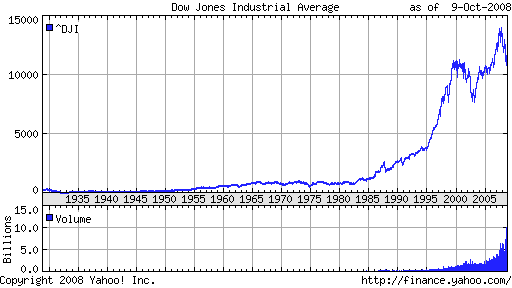 When I first started joining the Boards of Directors of various organizations in Richmond, I was intimidated by the thought of learning the proper procedures and cultural norms that dictated successful participation. What I found was that each and every organization seems to do things completely differently, and often seem to be making it up as they go along. 🙂 Yes, there are the Robert's Rules of Order and the bylaws to follow, but there's still such a wide range of behaviors related to joining, serving on, and leaving boards, and it's been fascinating to learn all about it.
When I first started joining the Boards of Directors of various organizations in Richmond, I was intimidated by the thought of learning the proper procedures and cultural norms that dictated successful participation. What I found was that each and every organization seems to do things completely differently, and often seem to be making it up as they go along. 🙂 Yes, there are the Robert's Rules of Order and the bylaws to follow, but there's still such a wide range of behaviors related to joining, serving on, and leaving boards, and it's been fascinating to learn all about it.
One aspect of board culture that seems to be in total chaos everywhere is how a board member can leave a board of directors before their natural term is up in a positive and professional way. Based on my own experiences - sometimes as a board member who did a poor job of leaving early, sometimes as a board leader who was disappointed in how others parted ways - I've some unsolicited advice to offer:




 The folks at
The folks at